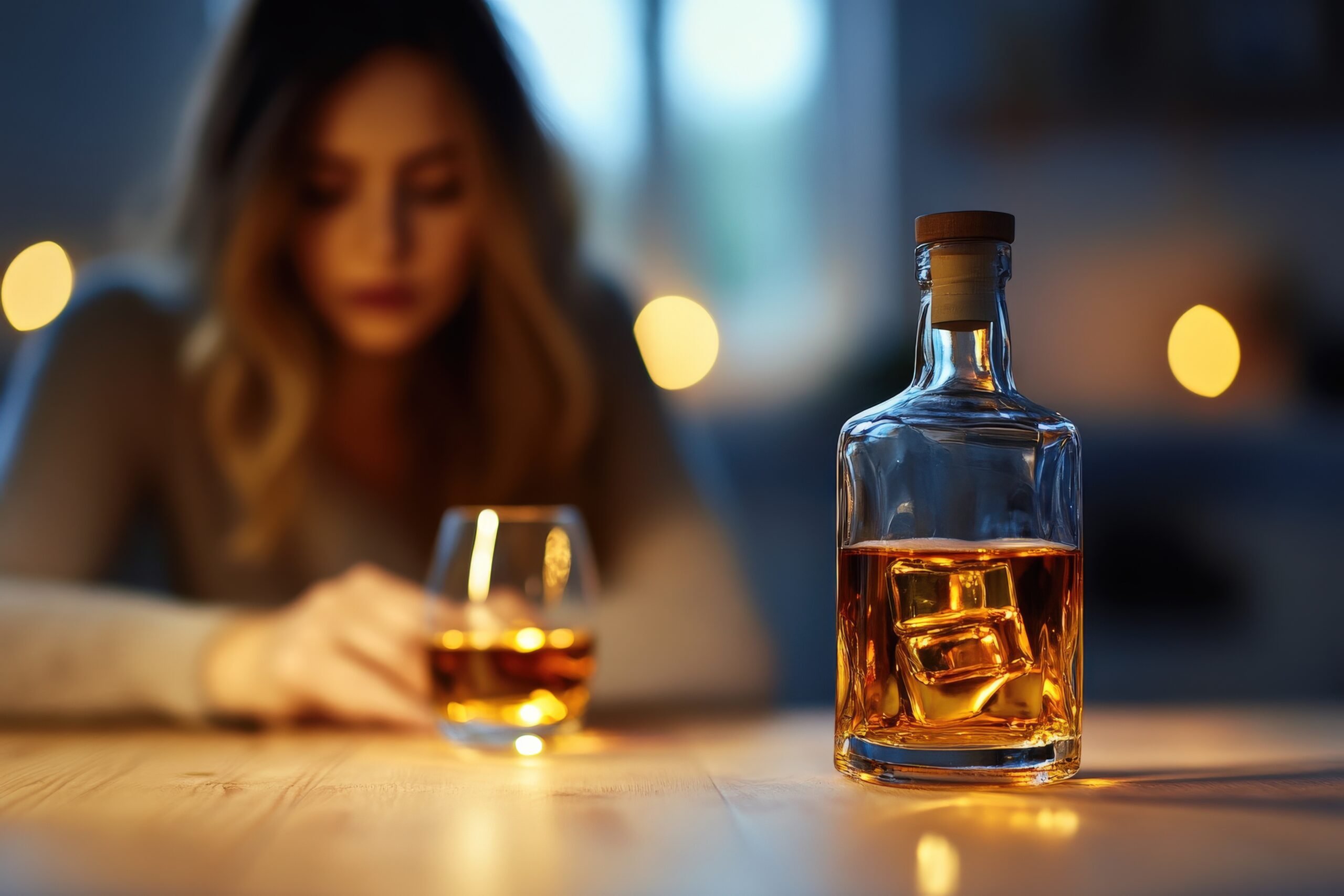Binge Drinking Guide: What is it?, Effects and How to Quit
This article will provide information on binge drinking, including what it is, how to tell if you’re engaging in it, and its effects. It will also cover how common binge drinking is and provide tips on how to quit.

What’s stopping you?
Not sure if you’re ready to quit drinking? Worried about finding it difficult?
Start quizWhat is considered binge drinking?
Binge drinking is commonly defined as consuming a large quantity of alcohol in a short span, usually within two hours, with the intent of becoming intoxicated. The NHS defines binge drinking as ‘drinking heavily over a short space of time’.
For men, binge drinking is typically defined as consuming five or more standard alcoholic drinks, while for women, it is consuming four or more drinks.
However, it is important to note that individual tolerance and the strength of the alcoholic beverages can influence the impact of these quantities.
How to tell if you’re binge drinking
Identifying whether you or someone you know is engaging in binge drinking can be challenging, as it may occur in social settings or as a coping mechanism for stress or emotional struggles.
However, several signs can indicate the presence of binge drinking habits. These include consuming large amounts of alcohol in a short period, drinking with the primary aim of getting drunk, experiencing memory blackouts or gaps, engaging in risky behaviours while intoxicated, and experiencing withdrawal symptoms when attempting to reduce or quit drinking.
How common is binge drinking?
Binge drinking is a prevalent issue in many countries, including the United Kingdom, the United States, and beyond.
In the UK, binge drinking has been a concern for some time. According to the Office for National Statistics, around 26% of adults aged 16 and over in England engaged in binge drinking at least once in the last week, based on data from 2019.
In the United States, the National Institute on Alcohol Abuse and Alcoholism reports that about 25% of adults engage in binge drinking, with an average of four episodes per month.
Binge drinking is most common among younger adults aged 18-34 and is more common among men than women.
What’s holding you back?
Not sure if you really want to quit drinking?
Need help to quit drinking?
Want to quit, but concerned that you’ll find it tough?
Worried that you’ll be deprived for the rest of your life without alcohol?
We can help you to understand and remove those fears and in so doing, make it quitting easy
We have trained advisor available to help you right away, by calling 0800 389 2115
Start the free quizEffects of binge drinking
Binge drinking effects your body in both the short-term and long-term.
Short-term
Excessive alcohol consumption can:
- lead to impaired judgment
- impact decision-making abilities
- lead to increased risk-taking behaviours
- lead to increased aggression
- lead to higher likelihood of accidents, injuries e.g. car accidents, falls, and burns
- increase risk of sexually transmitted diseases
- impact cognitive function and memory loss
- impact balance and coordination
- slow reaction times
- risk of alcohol poisoning can quit you breathing or choke on your own vomit
Long-term
Over time, chronic binge drinking can lead to:
How to quit binge drinking
Recognizing the negative consequences of binge drinking, it is essential to address and overcome this harmful behavior.
Here are some strategies that conventional wisdom claims can help individuals quit binge drinking:
-
Setting goals
Establish specific, achievable goals related to alcohol consumption, such as reducing the number of binge drinking episodes per month.
-
Seeking support
Reach out to friends, family, or support groups who can provide encouragement, understanding, and guidance during the journey to sobriety.
-
Developing coping mechanisms
Explore alternative ways to manage stress, anxiety, or emotional struggles without relying on alcohol, such as exercise, meditation, or engaging in hobbies.
-
Building a support network
Surround yourself with individuals who support your decision to quit binge drinking and who can help create a healthy and alcohol-free social environment.
-
Seeking professional help
If binge drinking has become a severe problem or if attempts to quit on your own have been unsuccessful, consider seeking assistance from healthcare professionals and Allen Carr’s Easyway to quit drinking a highly successful drug free method. We are here to help.
Final Thoughts
Binge drinking is a concerning behavior that can have severe consequences for individuals both in the short and long term. However, there is a way to quit drinking that is quick and easy with no bad withdrawal and that is and Allen Carr’s Easyway to quit drinking.
Free Online Quiz





